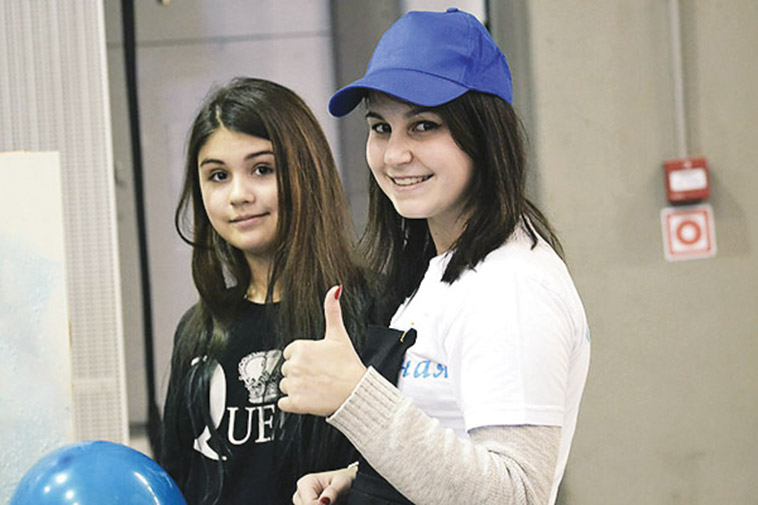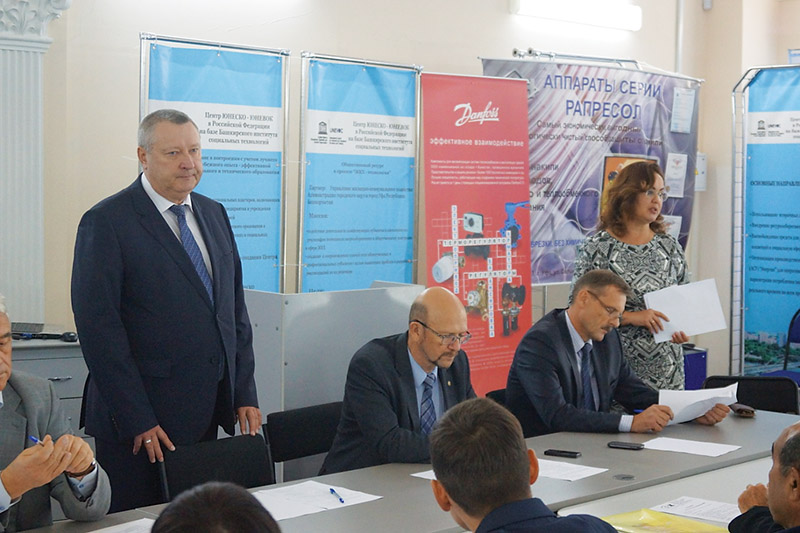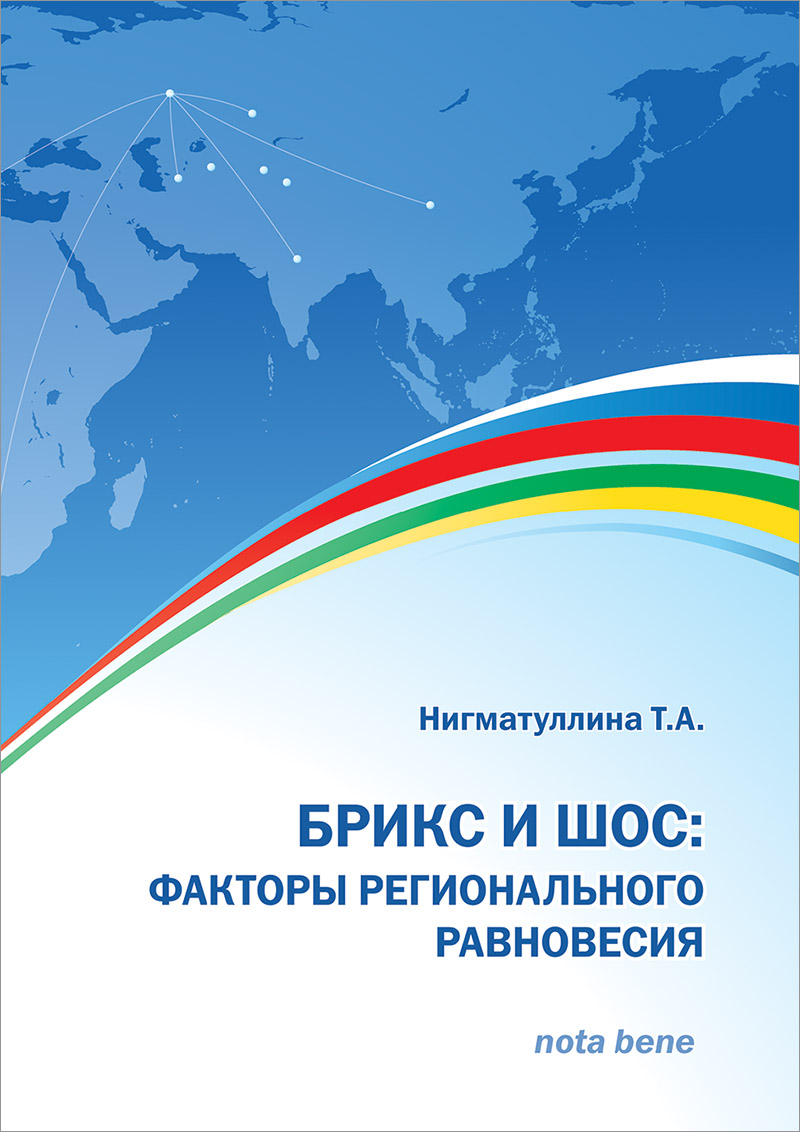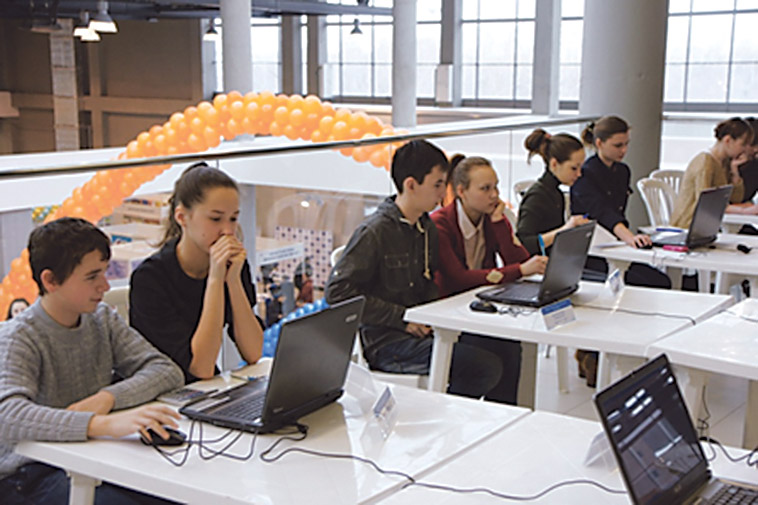
Labor relations make an interesting layer of human culture, and the relationships of individuals in the labor process are indicators to the development of all other types of human relationships. The topics of social and labor relations in modern-day Russia, working people struggling for their rights, trade union activities, labor of migrants and the causes of unemployment are covered in the studio by the participants of the Round Table – the author and TV-presenter Shukran Suleymanova and Nigmatullina T. A., the Head of the UNESCO-UNEVOC Centre in the Russian Federation, Director of the Bashkir Institute of Social Technologies.
Shukran Suleymanova: Today one of the pressing issues of our time is going to be discussed at our round table, we will talk about modern labor relations. Here in our studio is expert Nigmatullina Tanzilya Altafovna, the Head of the UNESCO Centre in the Russian Federation, the Director of the Bashkir Institute of Social Technologies.
Labor relations are not outside your area of focus, Tanzilya, you deal with them. I would like to know your opinion on the trends of modern labor relations.
Tanzilya Nigmatullina: I am thankful for you inviting me to this program. Of course, being the Director of the Trade Union University, the Head of the UNESCO-UNEVOC Centre, I am constantly in touch with the policy of employment among youth. We do a lot of work with employers; we prepare the young to be future trade union leaders. And those are the defenders and champions of the rights within labor relations.
I would like to stress in greater detail the fact that today the Republic of Bashkortostan is strong not just as a major region in the field of industry and agriculture, but also as having strong trade unions. As recently as November 12, we celebrated the Day of the Trade Union Worker. The day before, an agreement was signed between the Republic of Bashkortostan, the government, employers and trade unions. This document regulates legal and labor relations. The new document contains 190 obligations of the parties regarding key issues of social policy of the Republic. That policy, which we stick to today in the region, is decent.
Shukran Suleymanova: A definite image for other regions to take after. Trade union organizations today are not as active as in the Soviet period. If taking the whole country to talk about the new trends affecting modern labor relations, which in the first place? You noted the problem of the younger generation. They noted that large enterprises are closed, and private businesses impose their demands on employees. What else affects the employment relationship?
Tanzilya Nigmatullina: I’d like to go on with the topic of youth. I think that today the law on job quotation for minors and youth is in high demand. We see today that schools do not engage in vocational guidance, and we, as for the children who have not yet received a profession, could give them an opportunity to try working as blue-collar workers during the summer, during the holidays, so that they understand where to head next. Or maybe it’s worthwhile for someone to make choice in favor of a blue-collar occupation?
Read the full article: http://rus.ruvr.ru/radio_broadcast/104595944/253329823/
(more…)


 November 26th, 2015
November 26th, 2015  ALINA B.
ALINA B.  Posted in
Posted in 



